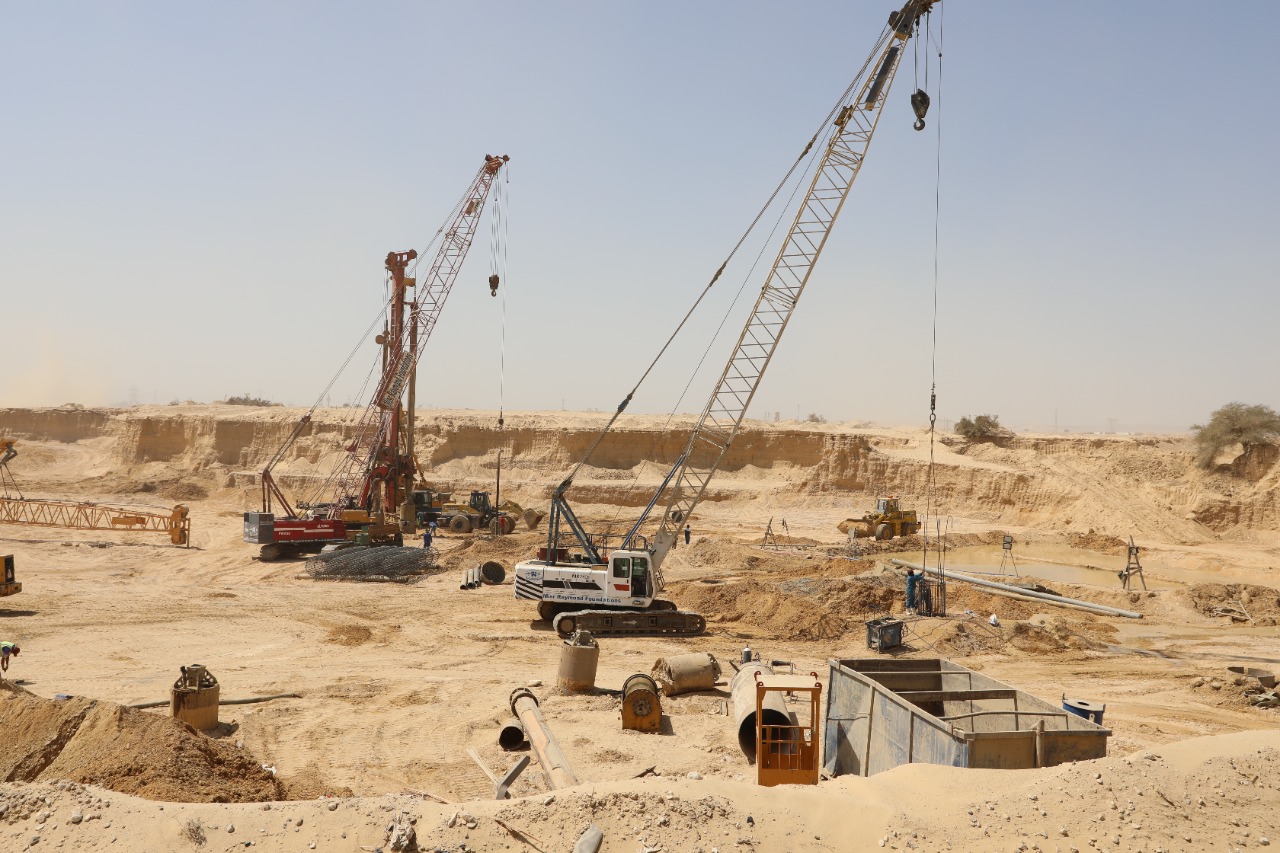Egypt's Suez Canal Economic Zone (SCZone) has witnessed a surge in investor confidence, securing a staggering $3. 23 billion worth of contracts in recent times. This influx of capital signifies a significant boost for the zone's development ambitions, aiming to transform it into a global trade and industrial hub.
The SCZone stretches across 461 square kilometers along the strategic Suez Canal, one of the world's busiest waterways. The zone offers a compelling proposition for businesses seeking to establish a presence in the region, with its attractive investment climate and ease of access to international markets.
A key driver of the zone's recent success is its focus on attracting foreign direct investment (FDI). The Egyptian government has implemented a raft of incentives to entice foreign investors, including tax breaks, streamlined bureaucracy, and access to state-of-the-art infrastructure. These efforts appear to be paying off, with a growing number of international companies setting up shop in the SCZone.
One of the most significant recent investments came from a consortium of South Korean firms, who pledged to inject $1. 1 billion into a green hydrogen production facility. This project aligns with Egypt's aspirations to become a regional leader in the production of clean energy. Other notable investments include a $600 million manufacturing facility by a Chinese steel company and a $400 million logistics hub by a Dutch multinational.
The windfall from these investments is expected to create a substantial number of jobs in the SCZone, contributing to economic growth and development in the surrounding region. The Egyptian government estimates that the zone has the potential to generate hundreds of thousands of jobs in the coming years.
Furthermore, the development of the SCZone is anticipated to have a ripple effect on other sectors of the Egyptian economy. The zone's focus on attracting businesses from various industries, such as manufacturing, logistics, and petrochemicals, is expected to stimulate growth in related sectors like transportation, construction, and hospitality.
The SCZone's strategic location is another factor that augurs well for its future success. Situated at the crossroads of three continents, the zone offers unparalleled access to major markets in Europe, Africa, and Asia. This proximity to key trade routes is expected to make the SCZone a vital link in global supply chains.
In conclusion, the recent surge in investment in Egypt's Suez Canal Economic Zone represents a significant milestone for the country's economic development ambitions. The zone's strategic location, coupled with the government's commitment to creating a business-friendly environment, has positioned it as a magnet for international investment. As the SCZone continues to develop, it is poised to play a pivotal role in solidifying Egypt's position as a key player in the global trade arena.

